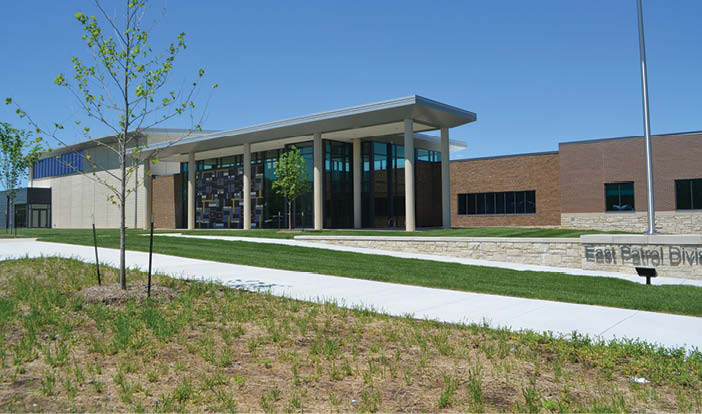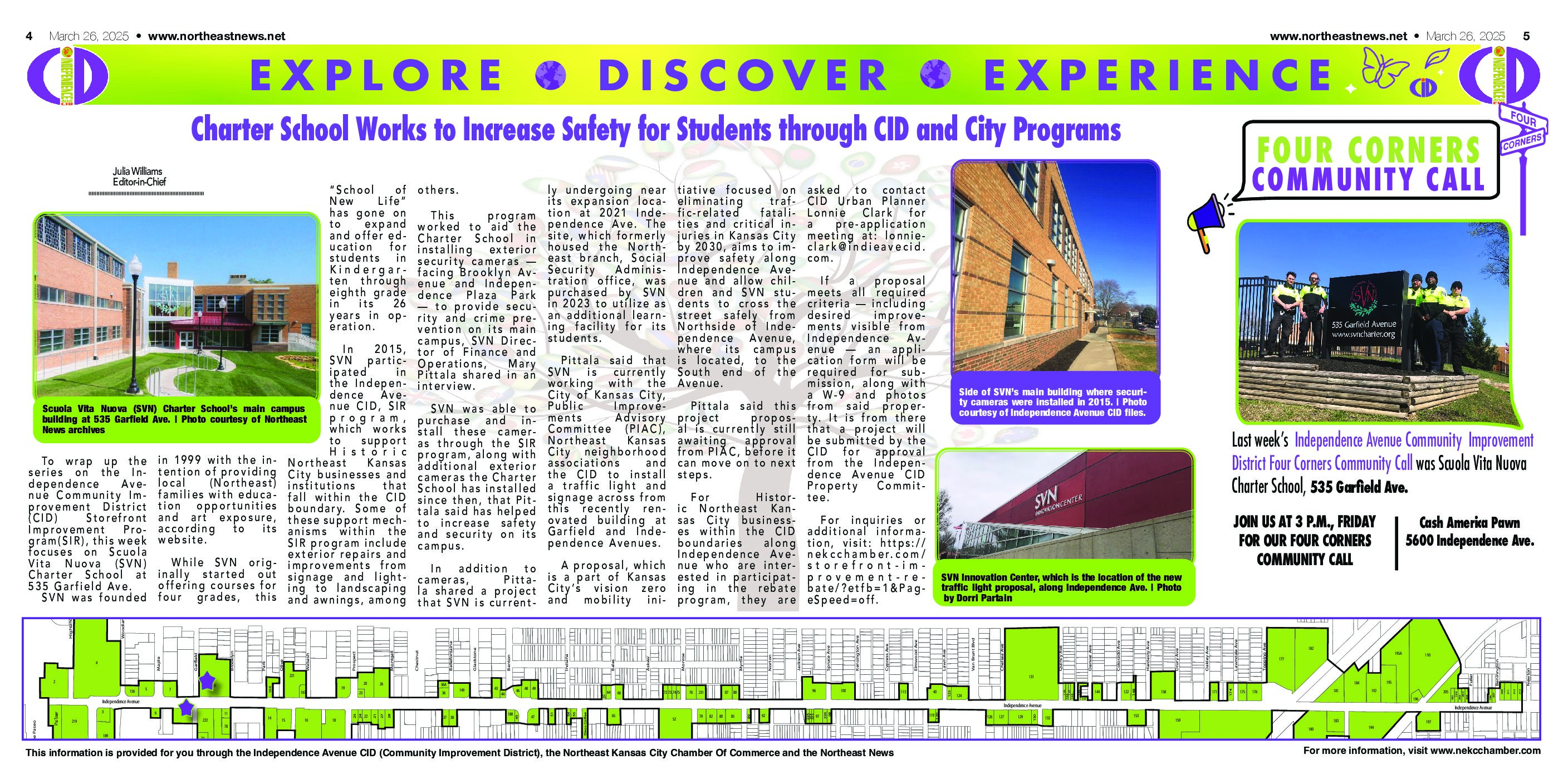
By Paul Thompson
Northeast News
May 11, 2016
KANSAS CITY, Missouri – When Kansas City Police Chief Darryl Forte revealed the precise breakdown last week of the 8% across-the-board staffing cuts required to balance KCPD’s 2016-2017 budget, he noted that East Patrol would see a reduction of 17 positions – down to 155 officers.
Forte was careful to clarify that no officers will be let go as a result of the cutbacks. The eliminated positions were already vacant, or were expected to become vacant through attrition – such as when officers retire or are injured on the job. But what exactly does the loss of 17 positions mean for East Patrol, and how are they going to manage in spite of the reductions? According to East Patrol Commander Major Joe McHale, the losses are no minor hurdle for a zone with a homicide rate eleven times higher than the national average.
“If you go back two years, you’ve got eight more officers on the streets of EPD on each shift. Just because they haven’t funded them, doesn’t mean that we haven’t lost officers on the street. We have,” said McHale. “It just gets worse and worse and worse. This is tough right now.”
Since January of 2014, available work hours for EPD personnel have decreased from roughly 700 hours per day to less than 640. In other words, East Patrol officers were on the streets for approximately 60 fewer hours per day in April of 2016 than they were in January of 2014. During the same period, officer response times steadily increased.
Take the example of Priority 10 calls, which are the most time-sensitive calls a police department receives. Included in that tier are circumstances where there is a danger to human life, as well as when an officer is in need of assistance. Back in February of 2014, East Patrol responded to Priority 10 calls in an average of 7.3 minutes. By April of 2016, the average response time for Priority 10 calls had risen to roughly 8.4 minutes.
Now there are 17 less spots on the East Patrol roster. Of the 17 positions cut by East Patrol, five spots were trimmed from the overnight shift, five came from days, six were reduced from the evening shift, and one was eliminated from the Crime Free Multi-Housing unit, which proactively tackles crime in high-concentration living spaces such as apartment complexes.
In addition to budget constraints, there is always the threat of further attrition in East Patrol. McHale said that top performers from his patrol division are regularly tapped for promotions to other roles in the department, adding to his staffing issues. From the overnight shift alone, eight officers have been promoted to new positions within the past six months.
“Just since December, I’ve lost officers to Traffic, Domestic Violence, Violent Crime Enforcement, Tactical Response (which is SWAT), the helicopter unit, another to Tac, and then today I got informed that the two officers who are going to be riding the streetcar are both coming from East,” McHale said.
Budget cuts and attrition rates aren’t just affecting the amount of officers out on patrol. McHale said that the biggest restriction he’s seen due to cutbacks has been in his division’s ability to engage in proactive policing strategies, as opposed to reacting to crimes as they’re committed. Considering East Patrol takes roughly 70,000 calls per year, those progressive strategies become increasingly difficult to enact as the amount of officers East Patrol is authorized to employ steadily decreases.
“There are ways to prevent retaliatory crimes, but it takes proactive work,” said McHale. “If I don’t have extra resources, or at least full staffing to pull some of those people toward proactive work, we’re just going to tread water. I’m afraid that’s where we’re at.”
If there is light at the end of the tunnel for East Patrol and the rest of the KCPD, McHale says it’s with the independent staffing survey recently approved by the City Council. He thinks that could help illuminate some of the difficulties faced by the department due to staffing shortages. Thanks to a request from Forte, funds for the staffing study were approved for the 2016-2017 fiscal year.
“There has to be an independent study done,” said McHale. “If the study were to say, ‘You need more officers, based on facts and research,’ then I would come out publicly and support that. I think it’s incumbent upon us as a police department to make a case.”



















